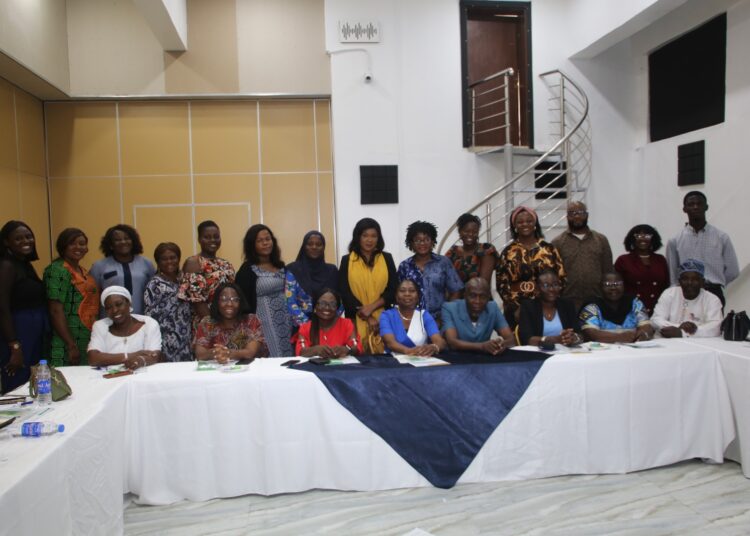The Civil Society Scaling Up Nutrition in Nigeria (CS-SUNN) and other critical stakeholders have issued a clarion call to tackle the alarming maternal and child malnutrition rates in Lagos, focusing on anaemia prevention and control.
This call follows grim statistics on malnutrition across the state. For instance, data from the National Demographic and Health Survey (NDHS) shows no improvement in malnutrition indicators between 2018 and 2023: stunting rates increased from 37 per cent to 40 per cent, wasting rose from seven per cent to eight per cent, and underweight children increased from 22 per cent to 23 per cent.
The executive secretary, CS-SUNN, Sunday Okoronkwo, at a media engagement for improved reportage on the uptake of Multiple Micronutrient Supplements (MMS) for anaemia prevention and control held in Lagos, emphasised the urgent need for enhanced awareness, investment, and uptake of Multiple Micronutrient Supplements (MMS) as a life-saving intervention.
“Malnutrition, particularly anaemia, is a silent epidemic that continues to claim lives and diminish futures,” Okoronkwo stated, adding that, “In Nigeria, 58 per cent, about six out of 10 women of reproductive age are anaemic and 68 per cent, about seven out of 10 children are anaemic.”
Okoronkwo highlighted MMS as a game-changing intervention. Comprising 15 essential vitamins and minerals, MMS has been proven to significantly reduce anaemia, promote healthy pregnancies, and improve birth outcomes. “MMS is a cost-effective, high-impact solution, yet access remains limited. The time to act is now,” he urged.
CS-SUNN, in collaboration with organisations such as UNICEF, Alive & Thrive, and Results for Development, has been advocating for integrating MMS into Nigeria’s antenatal care protocols. These efforts have included MMS in the Federal Ministry of Health’s National Guidelines for the Prevention and Control of Micronutrient Deficiencies and the Essential Medicines List. The Child Nutrition Fund (CNF), a UNICEF-driven co-financing mechanism, presents an opportunity for states like Lagos to double their investment in essential nutrition commodities, including MMS.
Okoronkwo called on the Lagos state government to leverage this fund to make MMS widely accessible. “To reduce anaemia rates and secure healthier outcomes for mothers and children, Lagos must prioritise MMS in its health policies,” Okoronkwo asserted. “This includes integrating MMS into antenatal care, training healthcare providers, and ensuring consistent supply chains across urban and rural health facilities.”
We’ve got the edge. Get real-time reports, breaking scoops, and exclusive angles delivered straight to your phone. Don’t settle for stale news. Join LEADERSHIP NEWS on WhatsApp for 24/7 updates →
Join Our WhatsApp Channel










